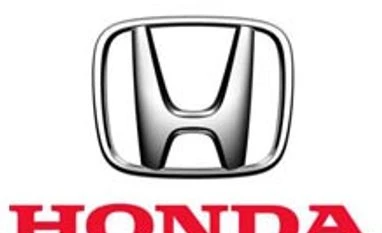Honda Motor Co's new chief executive said the Japanese automaker has no plans for now to provide financial aid to Takata Corp, the air bag supplier at the centre of a costly global safety recall that has dented Honda's public image as well as its earnings.
Speaking at his first news conference since taking the helm in June, Takahiro Hachigo said on Monday Honda has now set aside enough this year to cover the cost of recalling over 2 million cars with potentially faulty air bag parts made by Takata. The automaker recently restated last year's earnings to account for additional costs.
"We have money budgeted for quality-related costs, as we did last year, and we think we can respond within this allocated amount," Hachigo told reporters in the capital. Last month Honda revised its operating profit for the year ended March to 606.88 billion yen ($4.92 billion) from the 651.68 billion yen it reported in April to account for expanded recall costs.
At 55, Hachigo, begins his stewardship of Japan's third-biggest auto maker with a mission to restore the firm's reputation for quality. In the Takata air bag safety scare regulators have linked eight deaths to the component, all in cars made by Honda.
Hachigo's predecessor Takanobu Ito and other executives took a pay cut last October following a fifth recall of its Fit hybrid subcompact in a year, which had quality glitches unrelated to Takata-made inflators.
In total, tens of million of cars carrying Takata-made parts have been recalled around the world by a range of auto makers. Some Takata air bag inflators have exploded with too much force, spraying shrapnel inside vehicles, regulators have found.
More From This Section
As Hachigo seeks to develop business, he said on Monday the company remains open to alliances with other automakers - as long as such tieups are of benefit to Honda.
In one such deal the Japanese firm already has an alliance with General Motors Co to develop hydrogen fuel-cell technology.
Hachigo also said Honda began building cars in Africa this month by retooling part of a factory in Nigeria that previously made motorcycles. The company plans to produce 1,000 of its Accord sedans annually at the plant, with a view to boosting production if the local market grows.
)